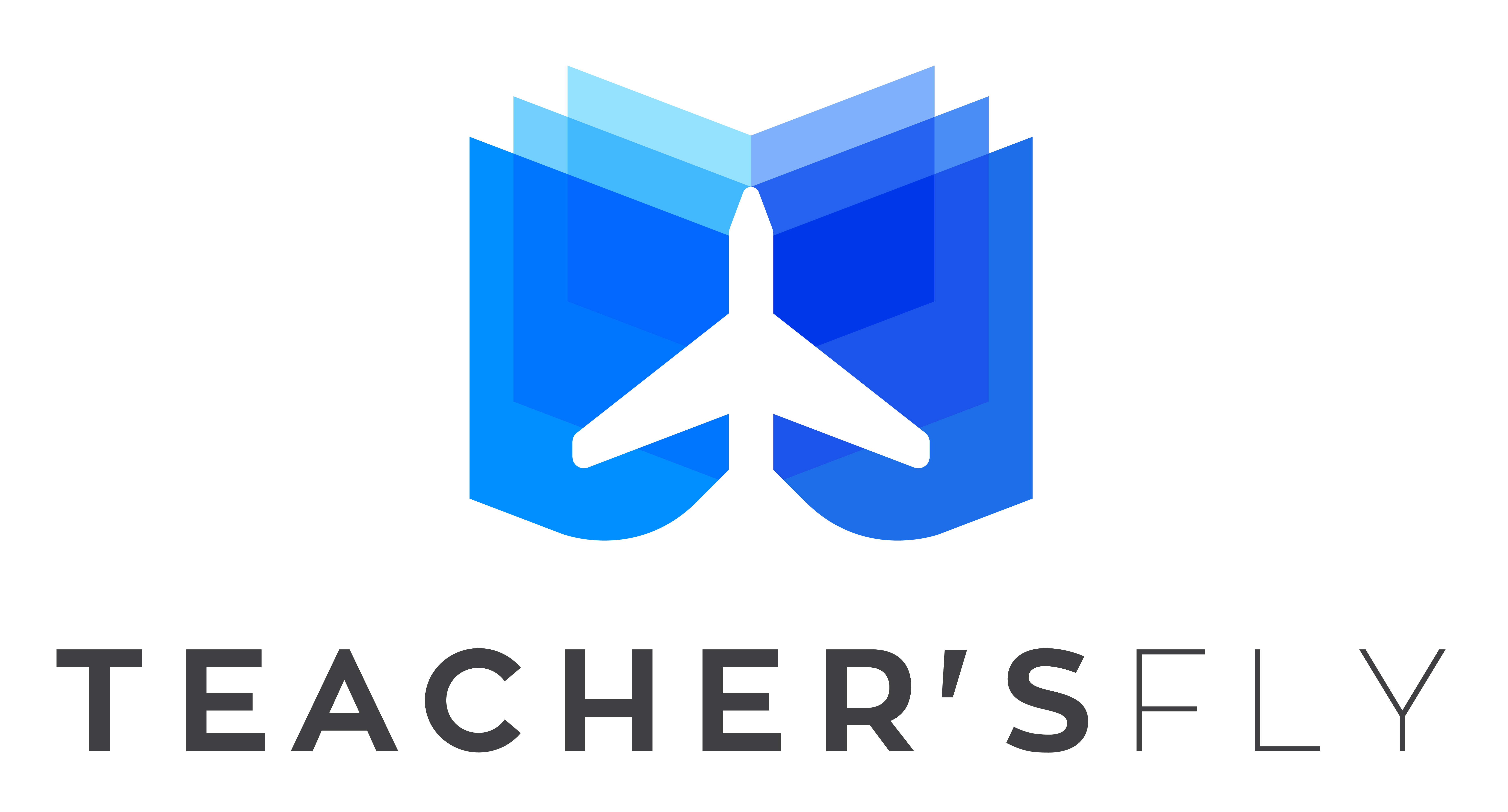
03 Apr Seven Good Activities for National Poetry Month
Over the weekend I watched two baseball games on television while the rain and wind howled outside my window. I watched because I love baseball and because it was the start of a new season. The start of the baseball season is full of hope and for all but one team ends with heartbreak. There’s a lot of poetry in that. And so it’s fitting that the start of the baseball season is in April and that April is National Poetry Month.
Poets.org offers thirty activities for celebrating National Poetry Month. If you’d like even more ideas for National Poetry Month, take a look my short list of suggestions below.
ReadWriteThink Poetry Interactives
Earlier this year ReadWriteThink relaunched nearly all of their interactive writing tools so that they no longer relied on Flash. That means you can now use them in any modern web browser. My favorite of their interactive poetry writing tools is the Word Mover tool that resembles refrigerator magnet poetry. Take a look at this short video to see the current version of ReadWriteThink’s Word Mover interactive.
Coding With Poetry
Coding With Poetry is a feature from Code.org. There are two activities available on the Coding With Poetry page. The first is a short, Hour of Code activity in which students animate a poem by writing some simple code. The second is a longer activity that is part of Code.org’s Computer Science Connections curriculum. In the second activity students write a program that writes poetry (I did a similar thing with my 9th graders last year and it took some of them two class periods to complete it).
Poetry Comics
Make Beliefs Comix offers more than 700 writing prompt pages. All of the pages are designed to be printed and given to students to write on. Within that collection you will find a small collection of poetry pages. All the the printable poetry prompt pages include artwork designed to spark a student’s imagination. Some of the artwork is in color and some is in black and white. A bonus of the black and white artwork is that you’re essentially getting a coloring page and a poetry prompt in one package.
Poetry 180
Poetry 180 is a Library of Congress project that was created when Billy Collins was the U.S. Poet Laureate. The purpose of the project is to provide high school teachers with poems for their students to read or hear throughout the school year. Collins selected the poems for Poetry 180 with high school students in mind. I didn’t look at every poem in the list, but of dozen or so that I looked at, none would take more than a few minutes to read in a classroom. Speaking of reading in class, Collins encourages teachers to read the poems aloud or have students read the poems aloud. To that end, here’s his advice on how to read a poem out loud.
In this short video I explain how to use Google Jamboard and Google Classroom to create online magnetic poetry assignments for your students.
Learn how to make more money this year by creating and selling your own digital products. Enroll in How to Create & Sell Your Own Digital Products today!
Over the weekend I watched two baseball games on television while the rain and wind howled outside my window. I watched because I love baseball and because it was the start of a new season. The start of the baseball season is full of hope and for all but one team ends with heartbreak. There’s a lot of poetry in that. And so it’s fitting that the start of the baseball season is in April and that April is National Poetry Month. Poets.org offers thirty activities for celebrating National Poetry Month. If you’d like even more ideas for National Poetry Month, take a look my short list of suggestions below. ReadWriteThink Poetry Interactives
Earlier this year ReadWriteThink relaunched nearly all of their interactive writing tools so that they no longer relied on Flash. That means you can now use them in any modern web browser. My favorite of their interactive poetry writing tools is the Word Mover tool that resembles refrigerator magnet poetry. Take a look at this short video to see the current version of ReadWriteThink’s Word Mover interactive.
Coding With Poetry
Coding With Poetry is a feature from Code.org. There are two activities available on the Coding With Poetry page. The first is a short, Hour of Code activity in which students animate a poem by writing some simple code. The second is a longer activity that is part of Code.org’s Computer Science Connections curriculum. In the second activity students write a program that writes poetry (I did a similar thing with my 9th graders last year and it took some of them two class periods to complete it).Poetry With AIVerse by Verse is an experimental AI project from Google. Verse by Verse lets you compose poems by combining lines from the works of famous poets. In other words, it’s a poetry remix tool. To use it you simply visit the site and select three poets to inspire you. Then you write your own first line of a poem. Once you’ve written a line of your own Verse by Verse will suggest three lines from each of the three poets you originally selected. You can then include those lines in your new poem. Finished poems can be downloaded as text overlaid on an background image.
Poetry Comics
Make Beliefs Comix offers more than 700 writing prompt pages. All of the pages are designed to be printed and given to students to write on. Within that collection you will find a small collection of poetry pages. All the the printable poetry prompt pages include artwork designed to spark a student’s imagination. Some of the artwork is in color and some is in black and white. A bonus of the black and white artwork is that you’re essentially getting a coloring page and a poetry prompt in one package.
Poetry 180
Poetry 180 is a Library of Congress project that was created when Billy Collins was the U.S. Poet Laureate. The purpose of the project is to provide high school teachers with poems for their students to read or hear throughout the school year. Collins selected the poems for Poetry 180 with high school students in mind. I didn’t look at every poem in the list, but of dozen or so that I looked at, none would take more than a few minutes to read in a classroom. Speaking of reading in class, Collins encourages teachers to read the poems aloud or have students read the poems aloud. To that end, here’s his advice on how to read a poem out loud.There’s a Poem for That! There’s a Poem for That is a series of twelve TED-Ed lessons featuring six famous works. The lessons include poems from from Frost, Shakespeare, Yeats, O’Keefe, Gibson, and Elhillo.
Jamboard Magnetic PoetryOn Google Jamboard you can create a set of sticky notes with words on them. You could color code the sticky notes to make verbs one color, adjectives another color, and nouns a third color. Once you’ve made your word bank you can then divide the Jamboard and add directions for writing a poem with the words in the word bank. Finally, share your Jamboard as an assignment in Google Classroom. When you share it in Google Classroom make sure that you choose the option of “make a copy for each student” so that students have their own copies to work on without having to manually make copies for themselves. In this short video I explain how to use Google Jamboard and Google Classroom to create online magnetic poetry assignments for your students.
Learn how to make more money this year by creating and selling your own digital products. Enroll in How to Create & Sell Your Own Digital Products today! free lesson plans, Free Technology For Teachers, Lesson Plans, National Poetry Month, Poems, Poetry, WritingRead More
free lesson plans, Free Technology For Teachers, Lesson Plans, National Poetry Month, Poems, Poetry, WritingRead More


Sorry, the comment form is closed at this time.